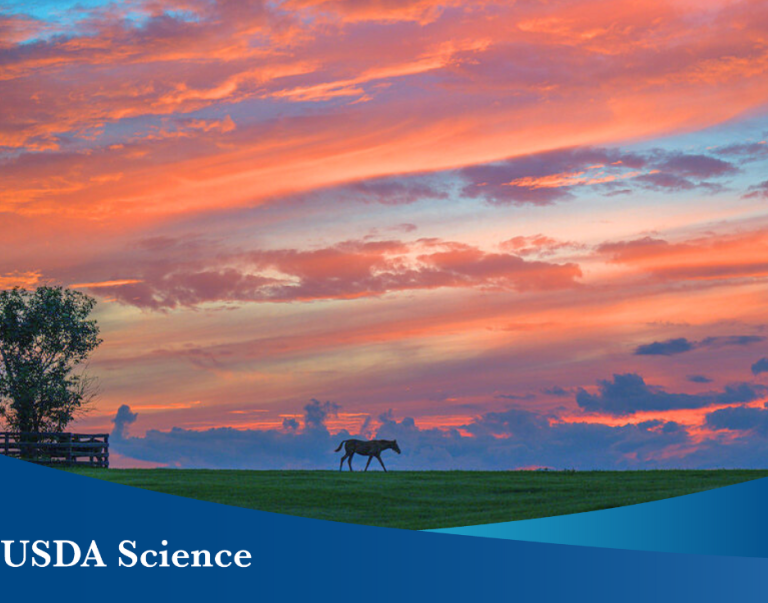WASHINGTON, Feb. 25, 2014 – The U.S. Department of Agriculture's (USDA) Natural Resources Conservation Service (NRCS) will provide close to $3 million in technical and financial assistance for interested farmers and ranchers to help improve the health of bees, which play an important role in crop production. The funding is a focused investment to improve pollinator health and will be targeted in five Midwestern states, Michigan, Minnesota, North Dakota, South Dakota, and Wisconsin.
"Honey bee pollination supports an estimated $15 billion worth of agricultural production, including more than 130 fruits and vegetables that are the foundation of a nutritious diet. The future security of America's food supply depends on healthy honey bees," said Agriculture Secretary Tom Vilsack. "Expanded support for research, combined with USDA's other efforts to improve honey bee health, should help America's beekeepers combat the current, unprecedented loss of honey bee hives each year."
Funding will be provided through the Environmental Quality Incentives Program (EQIP) to promote conservation practices that will provide honey bees with nutritious pollen and nectar while providing benefits to the environment. Recent studies have shown that beekeepers are losing approximately 30 percent of their honey bee colonies each year, up from historical norms of ten to fifteen percent overwintering losses experienced prior to 2006.
This assistance will provide guidance and support to farmers and ranchers to implement conservation practices that will provide safe and diverse food sources for honey bees. For example, appropriate cover crops or rangeland and pasture management may provide a benefit to producers by reducing erosion, increasing the health of their soil, inhibiting invasive species, providing quality forage and habitat for honey bees and other pollinators, as well as habitat for other wildlife.
Midwestern states were chosen because from June to September the region is the resting ground for over 65 percent of the commercially managed honey bees in the country. It is a critical time when bees require abundant and diverse forage across broad landscapes to build up hive strength for the winter.
Applications are due March 21, 2014
Since 2006, when heightened numbers of honey bee colony losses were first reported, significant progress has been made in our understanding of the factors that are associated with Colony Collapse Disorder and the overall health of honey bees. The USDA is actively pursuing solutions to the multiple problems affecting honey bee health. The Agricultural Research Service (ARS) maintains four laboratories across the country conducting research into all aspects of bee genetics, breeding, biology and physiology, with special focus on bee nutrition, control of pathogens and parasites, the effects of pesticide exposure and the interactions between each of these factors. The National Institute of Food and Agriculture (NIFA) supports bee research efforts in Land Grant Universities. The Animal Plant Health Inspection Service (APHIS) conducts national honey bee pest and disease surveys and provides border inspections to prevent new invasive bee pests from entering the U.S. The Farm Service Agency (FSA) and NRCS work on improved forage and habitat for bees through programs such as the Conservation Reserve Program (CRP) and EQIP. Additionally, the Economic Research Service (ERS) is currently examining the direct economic costs of the pollinator problem and the associated indirect economic impacts, and the National Agricultural Statistics Service (NASS) conducts limited surveys of honey production, number of colonies, price, and value of production which provide some data essential for research by the other agencies.
For more information on this program, visit the NRCS website.
#
USDA is an equal opportunity provider and employer. To file a complaint of discrimination, write to USDA, Assistant Secretary for Civil Rights, Office of the Assistant Secretary for Civil Rights, 1400 Independence Avenue, S.W., Stop 9410, Washington, DC 20250-9410, or call toll-free at (866) 632-9992 (English) or (800) 877-8339 (TDD)or (866) 377-8642 (English Federal-relay) or (800) 845-6136 (Spanish Federal-relay).


